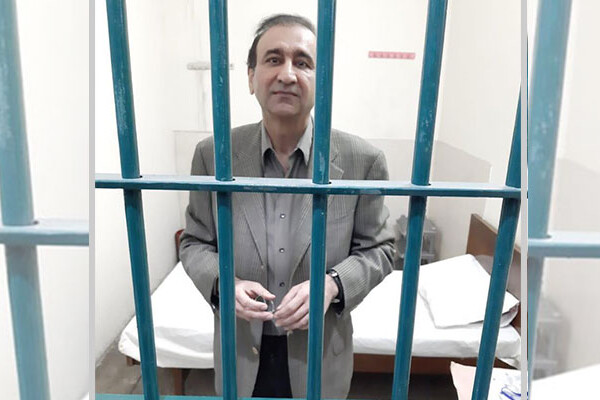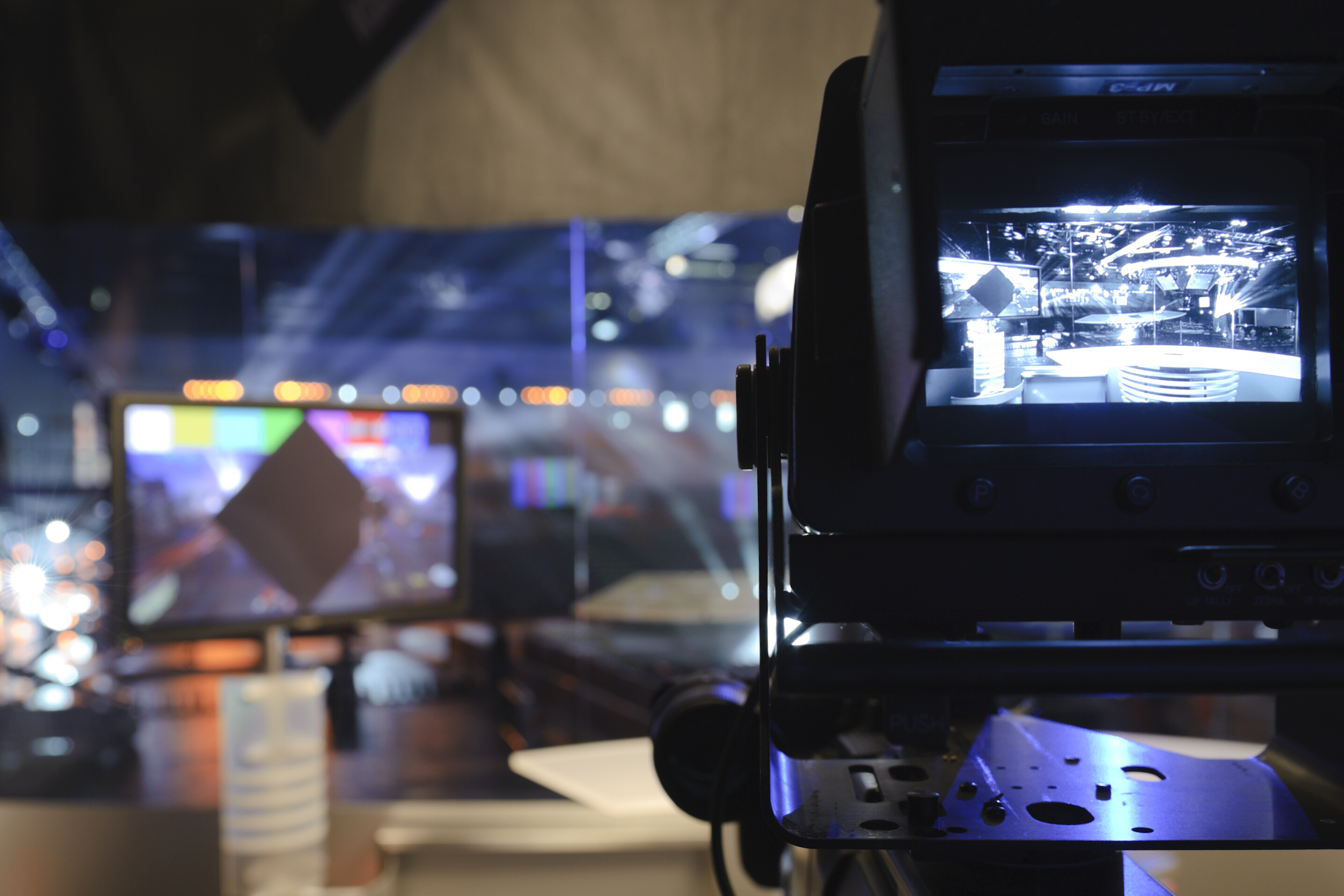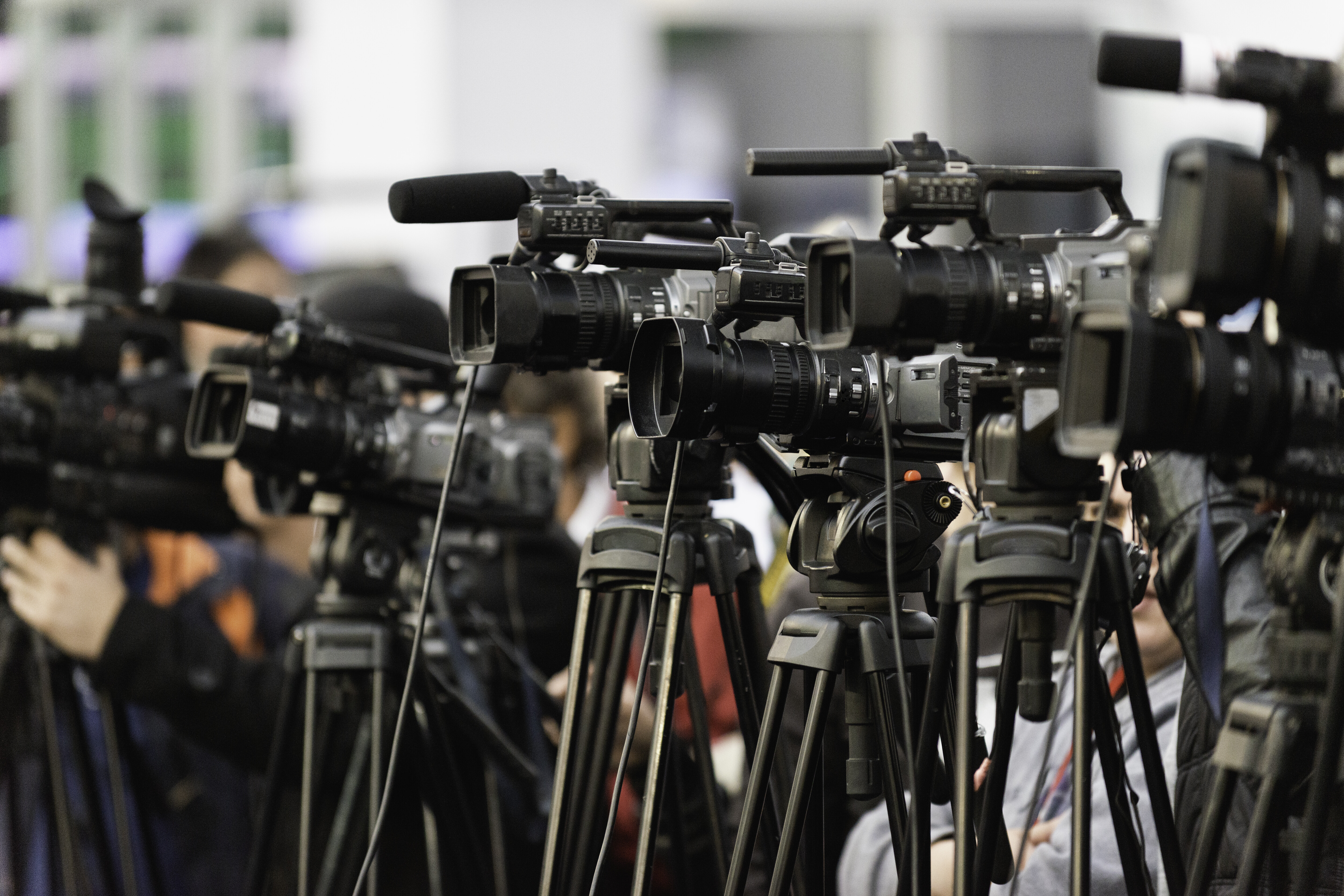The Public Media Alliance urges governments to not use the coronavirus pandemic as an excuse to curtail media freedom and the ability of journalists to hold power to account.
Access to accurate, fact checked and critical information is absolutely essential in the fight against COVID-19.
Independent journalists and media are a vital tool in keeping the public informed by amplifying lifesaving health information, instructions and coping strategies. But they are also indispensable in ensuring that the public are critically aware of the steps that their representative governments are taking to combat the virus.
The role of a free media has never been so important.
Yet around the world, many administrations are taking steps to crack down on journalists and implementing sweeping restrictions on the right to access information, free expression and a free media under the guise of tackling so-called “fake news”.
Foreign correspondents have been expelled, freedom of information acts have been suspended and governments are implementing sweeping laws to allow them to self-define and act upon what they believe to be misinformation. In some cases, this will lead to prison terms. These are without doubt a threat to democratic norms and freedoms.
Many of the more draconian clampdowns are indeed taking place in authoritarian countries where the rule of law is weaker. But the urge to silence critics and avoid scrutiny is spreading.
As the crisis continues to develop, the Public Media Alliance will use its Global Call Out to highlight cases where governments are taking steps to quieten critical voices and clampdown on media freedom. Find out more below.
Sign up to our Global Call Out
Promote, support and advocate for public service media
Key cases
Click on the tabs below to reveal key cases from recent weeks:
BRAZIL
The struggle for media freedom is nothing new in Brazil, where the past five years have seen the dismantling of former public broadcaster Empresa Brasil de Comunicação (EBC) and growing pressure on independent media and investigative journalists, especially under the rule of President Jair Bolsonaro.
In his latest attack on the press, the President has not only accused news media of overexaggerating the danger of the global pandemic but also sought to curb the ability of journalists to effectively inform the Brazilian population. The introduction of a bill to suspend the Freedom of Information Act means that the government will no longer have to answer freedom of information requests within the usual deadline. This will significantly limit the ability of journalists to hold power and the government’s coronavirus response to account. The measures are due to last for as long as the country’s current “state of calamity”. Furthermore, the new measure potentially violates the constitutional right of citizens to access information of public interest and allows the government to pick and choose which requests it responds to with little or no justification.
HUNGARY
Media freedom has nosedived under the government of Prime Minister Viktor Orban, which has overseen the dismantling of public media and a campaign of media capture in recent years. Between 2018 and 2019, the country fell 14 places to 87th in the RSF World Press Freedom Index.
Now, new legislation put before parliament will potentially allow Orban to rule by decree and give sweeping powers to authorities to crack down on the media and dissent. Citing the country’s fight against the coronavirus pandemic, the bill could have a chilling effect on the few remaining independent media outlets. New laws under the bill could result in prison terms of up to five years for anyone convicted of spreading “false or distorted facts” deemed by the government as disrupting efforts to deal with the pandemic. The PMA shares the concerns of many rights groups that the Orban administration is effectively using the crisis to tighten its grip on the flow of news and information and that if passed, the bill will have severe consequences for freedom of expression, media freedom and lead to heightened self-censorship among journalists.
MALAYSIA
Malaysia made it a crime in early April 2018 to share misinformation, becoming the first Southeast Asian country to do so. Now, in the wake of the coronavirus crisis, the country is escalating its drive to stem the spread of fake news “to maintain public peace and order”. In late January, five people were arrested for “spreading misinformation online”. One month later, 27 people were “being probed” for allegedly spreading misinformation about coronavirus. The government defines fake news as “any news, information, data and reports which are wholly or partly false, whether in the form of features, visuals or audio recordings or in any other form capable of suggesting words or ideas”. Even though it has been argued that this definition is too vague, if convicted under this law, the transgressor is liable to 6 years in jail and a fine of 500,000 ringgit (US$128,000).
SINGAPORE
Singapore’s own ‘disinformation’ law came into effect in October 2019. Known as the ‘Protection from Online Falsehoods Manipulations Act’ (POFMA), it enables government ministers to order social media sites to place warning signs on pages – a ‘Declared Online Location’ (DOL) – which notifies users that the page has been publishing falsehoods. In extreme cases, the page gets taken down. The law has been enacted in multiple incidents since it was first put in place.
Now, there are deep-seated concerns that authorities are using the Coronavirus pandemic to justify the disinformation legislation. In a recent incident, the States Times Review Facebook page was instructed to correct a post claiming that Singapore had run out of face masks, which the government deemed to be false. The page refused to comply. Facebook was warned that if they didn’t disable the page, they would be paying up to $14,400 a day under the POFMA law. Facebook disabled access to the page but in a statement said it was: “deeply concerned about the precedent this sets for the stifling of freedom of expression in Singapore.”
SOUTH AFRICA
The spread of disinformation about Covid-19, or government responses to the pandemic, is now a criminal offence in South Africa, as outlined in a new regulation passed on 18 March, under the 2002 Disaster Management Act. Being found guilty of breaching the law could result in fines, imprisonment, or both.
Media Monitoring Africa provides analysis of the new clause, including its wording and whether the government really does have the power to effectively create “a new crime”. Having liaised with experts, the government does have such power. The Committee to Protect Journalist’s Africa Program Coordinator, Angela Quintal, explained that: “South Africa’s post-apartheid commitment not to criminalize information has been a beacon for press freedom across Africa, but these new regulations have the potential to dim that light, opening up the possibility of abuse and limitations on vital information and facts.” The new regulation has been enacted despite discussions that took place among election management bodies from across Africa during a conference in Cape Town earlier this month about the impact of social media and “fake news” on elections across the continent. Avani Singh, a social media law expert, argued against state regulation but believed that regulation of social media sites was necessary.
U.S.
With over 80,000 coronavirus cases in the United States, the media reported that Americans have been experiencing a wave of panic. However, seeking answers from President Trump that would inform the public and perhaps assuage some of their fears, has at times proven futile.
At the daily White House coronavirus task force briefing last Friday, President Trump “viciously attacked” NBC reporter Peter Alexander calling him a “terrible reporter” after Alexander asked him about “touting unproven coronavirus drugs” to the public. Trump’s track record with the media has not been positive since he assumed the presidency. Ever since taking office, Trump has demonised the media, contributing to the erosion of public trust in the industry. Moreover, this past February, the latest US budget proposal called for the elimination of all federal funding to public media institutions over a two-year period, from $465 million to $30 million and then to zero. Public broadcasters NPR and PBS as well as their local member stations rank among the most trusted organisations in the US. At times of crisis, accurate reporting from these institutions is absolutely essential and defunding them could prove extremely damaging to the fight against coronavirus as well as future crises and emergencies.
Other stories:
EGYPT: Egypt forces Guardian journalist to leave after coronavirus story
ETHIOPIA: Millions of Ethiopians Can’t Get COVID-19 News
INDIA: Kashmir’s blocked Internet could be deadly during coronavirus pandemic
ROMANIA: How COVID-19 Affects Media in Romania
SLOVENIA: Slovenian journalists operate in increasingly toxic atmosphere
If you have any suggestions for our round-up, please email: editor@publicmediaalliance.org.
Header Image: Professional video camcorder in studio with blurred background. Credit: thanasus/istock
Related Posts
24th March 2020
PMA calls for the immediate release of Pakistan editor and media owner
The PMA have issued a letter to…
20th March 2020
Covid-19 and public media: Adaptation and contingencies
Many of us are having to rapidly…



